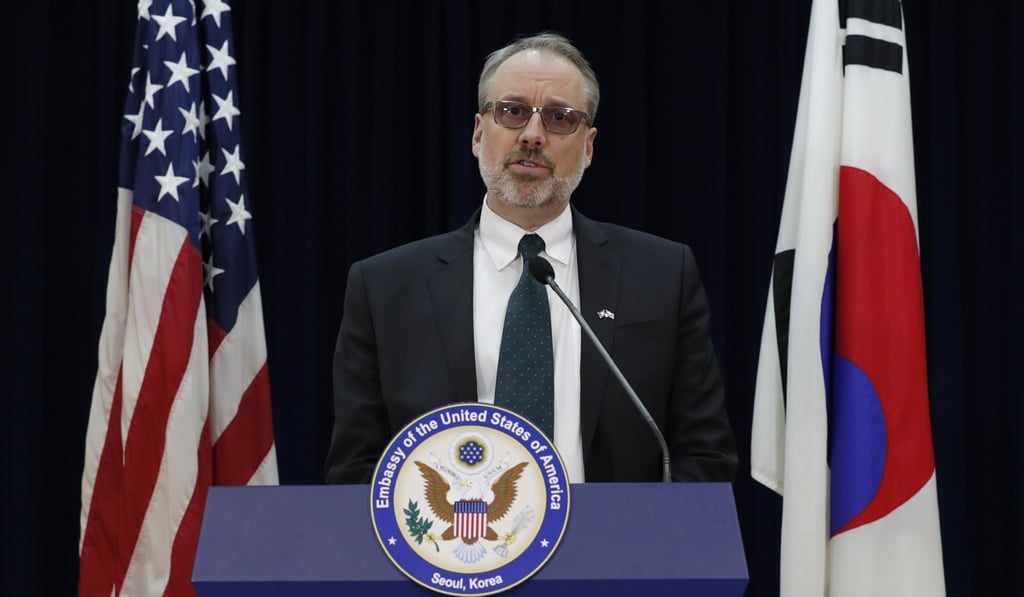Donald Trump is threatening South Korea, but US military commitments to long-time allies are considered safe
- To curb in the growing influence of China and Russia, Washington needs its strategically located old friends, analysts note
- ‘The US foreign policy establishment no doubt understands the importance of its alliance systems in Europe and Asia,’ regardless of the president’s rhetoric

Washington’s military commitments in Asia and Europe are here to stay despite the Trump administration’s unorthodox foreign policy, which is causing friction with traditional US allies and led to a breakdown in talks with South Korea this week, American analysts say.
Observers point out that the regions sit at the core of American security interests in curbing the growing influence of strategic rivals China and Russia.
The observations were made as Asian and European officials voiced new doubts about the level of Washington’s commitments to its allies, after US President Donald Trump demanded that South Korea increase by 400 per cent its contributions to pay for keeping US military personnel on the peninsula.
The resentment was evident in Seoul on Tuesday, when the US delegation cut short talks over how to share the costs after Seoul balked at accepting Washington’s unexpected demands. “The proposals that were put forward by the Korean team were not responsive to our request for fair and equitable burden sharing,” lead US negotiator James DeHart said.

The current cost-sharing agreement expires at the end of the year.
The administration has insisted that South Korea and Japan quadruple their payments for US military deployments in their countries to roughly US$5 billion and US$8 billion, respectively. The US is expected to begin separate negotiations with Japan next year.
